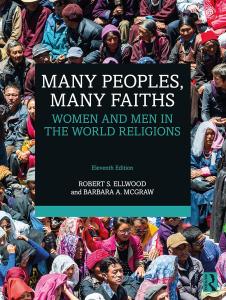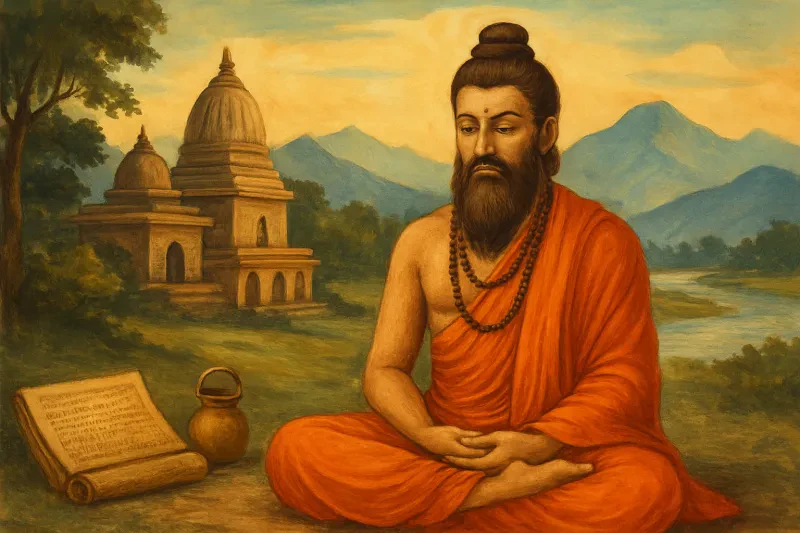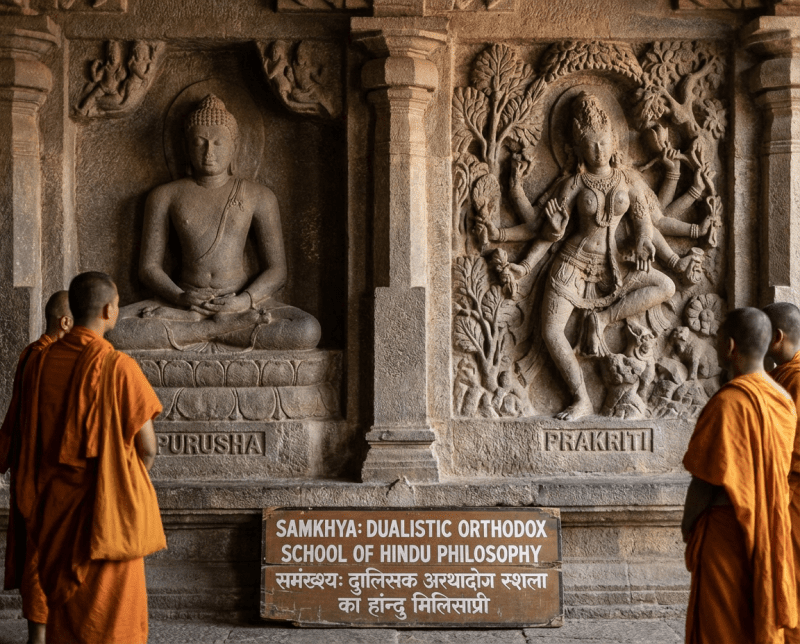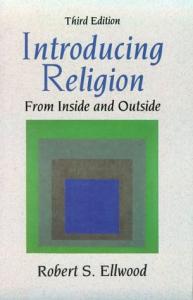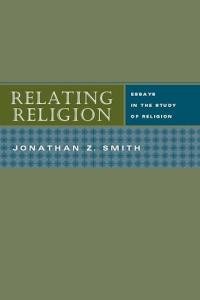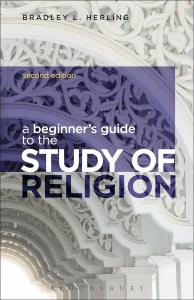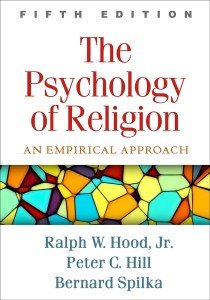Why study or learn about religion? This question has persisted for centuries, echoing through classrooms, households, and public discourse alike. As societies modernize, and as secularism rises in some parts of the world, the inquiry becomes even more pertinent. Yet, whether one holds religious beliefs or not, the study of religion remains an essential pursuit for individuals and societies at large. To study religion is to delve into the deepest aspirations, fears, traditions, and creative expressions of humanity. This post examines the multifaceted reasons for studying religion and the profound impact such an endeavor can have on personal development, intercultural understanding, social cohesion, and global citizenship.
Understanding the Roots of Human Culture and Civilization
Religion is one of the oldest and most pervasive aspects of human societies. From ancient cave paintings to modern cathedrals and mosques, religious expression is deeply ingrained in our architecture, art, music, and literature. Studying religion allows us to understand the roots of human culture and civilization. It reveals how faith traditions have shaped legal systems, influenced moral codes, and inspired social movements.
Consider, for instance, the influence of Confucianism on East Asian societies, or the role of Christianity in European history. Judaism, Islam, Hinduism, Buddhism, and countless indigenous religions have all provided the philosophical and ethical frameworks upon which entire civilizations have been built. By learning about these traditions, one gains insight into the values and social structures that drive human societies, both past and present.
Fostering Empathy and Intercultural Understanding
In an increasingly interconnected world, understanding the beliefs and values of others is crucial. Misunderstandings rooted in religious ignorance can fuel prejudice, conflict, and even violence. By studying religion, we foster empathy and gain the tools to navigate a diverse world thoughtfully and respectfully.
Learning about the Five Pillars of Islam, the teachings of the Buddha, or the meaning behind Hindu festivals allows us to appreciate the richness of our neighbors’ traditions. This understanding helps break down stereotypes and build bridges of trust. In multicultural societies where people of diverse faiths and philosophies coexist, religious literacy becomes a crucial component of social harmony.
Exploring the Big Questions of Life
Religion addresses the fundamental questions of human existence: Why are we here? What is the purpose of life? How should we treat others? What happens after death? Whether approached from within a religious tradition or from a secular perspective, studying religion provides a structured way to grapple with these questions.
Even for those who do not identify with any particular religious tradition, the wisdom captured in sacred texts, rituals, myths, and philosophical discussions can serve as a source of inspiration and reflection. The Bhagavad Gita, the Bible, the Qur’an, the Tao Te Ching, and other seminal texts offer profound insights into the human condition, morality, and the search for meaning.
Enhancing Critical Thinking and Analytical Skills
Studying religion is not merely about memorizing stories or doctrines. It is an academic discipline that involves critical analysis, comparison, and interpretation. Students of religion learn to evaluate sources, recognize bias, and understand the historical contexts that shape their understanding of religious beliefs and practices.
Engaging with complex theological debates—such as those on free will, the problem of evil, or the nature of the divine—hones one’s thinking skills. The comparative study of religions encourages open-mindedness and the ability to see issues from multiple perspectives. These skills are invaluable in many areas of life.
Promoting Social Justice and Ethical Reflection
Religion has been both a force for social justice and, at times, a justification for oppression. To understand the dual role of religion in society is to grasp the dynamics of power, resistance, and reform better. Figures such as Martin Luther King Jr., Mahatma Gandhi, and Dorothy Day drew upon their religious convictions to advocate for human rights, peace, and compassion.
By studying the ethical teachings of various traditions, individuals can develop a more nuanced moral compass. Religious studies classrooms are spaces where learners confront questions of justice, compassion, forgiveness, and reconciliation, considering both the positive and negative impacts of religion on social change.
Understanding Current Events and Global Affairs
Religion continues to shape world events profoundly. Political movements, conflicts, and peace-building efforts often have religious dimensions. From debates over religious freedom and secularism to the role of faith-based organizations in humanitarian aid, a nuanced understanding of religion is essential for informed citizenship and global awareness.
News headlines frequently invoke religious language, symbols, or disputes, whether in elections, international relations, or social movements. Those who are religiously literate can better interpret these events, recognizing the complexities rather than accepting simplistic narratives.
Personal Growth and Identity Formation
For many, religion is a deeply personal journey intertwined with family, community, and self-understanding. Even for those exploring faith from the outside, engaging with religious ideas can lead to personal growth. Encountering diverse perspectives challenges assumptions, encourages humility, and inspires new ways of seeing the world.
Studying religion can also help individuals gain a deeper understanding of their heritage or that of their ancestors. It invites learners to ask: What do I believe? How do my values relate to those of others? What kind of life do I want to lead?
Building Communication and Dialogue Skills
Effective communication across lines of religious difference is a vital skill in workplaces, schools, and public life. Studying religion equips individuals with the language and concepts necessary to engage in meaningful dialogue about beliefs, values, and identity. It teaches respect for other viewpoints and the art of asking thoughtful, open-ended questions.
Such skills are essential in global professions, such as diplomacy, international business, education, and healthcare, where understanding religious beliefs can impact everything from negotiation to patient care.
Conclusion
The reasons for studying or learning about religion are as varied as the world’s faiths themselves. Whether one seeks to understand the arc of human history, build bridges across cultures, wrestle with life’s deepest questions, or engage thoughtfully with current events, religious studies offer invaluable tools. Far from being a relic of the past, the study of religion is a living, evolving discipline that helps us understand ourselves and others.
In a world marked by pluralism, complexity, and rapid change, religious literacy is not a luxury but a necessity. It is a path to empathy, critical inquiry, ethical reflection, and informed citizenship. To study religion is, ultimately, to study humanity itself—its hopes and fears, its creativity and striving, its capacity for both division and reconciliation. By choosing to learn about religion, we embark on a journey toward a deeper understanding and a more just and harmonious world.
Many Peoples, Many Faiths: Women and Men in the World Religions, 11th edition
by Robert S. Ellwood and Barbara A. McGraw
Product information
Product Review Score
4.51 out of 5 stars
123 reviewsProduct links

